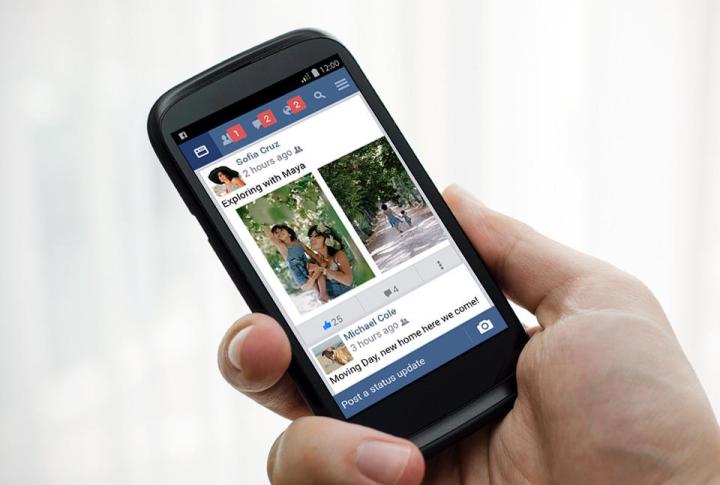
After launching back in June, the Android-only app has grown to 100 million users – a quicker growth rate than Facebook’s standard mobile app. According to Facebook, the app is most popular in Brazil, India, Indonesia, Mexico, and the Philippines, however the app supports 56 languages and is available in 150 countries.
The app takes up only 1MB of storage, ensuring that those with slow Internet connections can still download it easily (bringing the app down to 1MB was no easy task, as Facebook explained in its blog post). Of course, its functionality is quite pared down, but
It’s likely that we’ll continue to see Facebook refine the app as time goes on, especially considering how fast it’s now growing. While, at 100 million users, the app still represents a small segment of
Of course, Facebook Lite isn’t the only service that the company is offering in the developing world, with many major tech companies looking toward countries like India and China as the next major markets to enter. For example, the company also offers its Free Basics Internet service, which basically provides a selection of services to users free of charge. Free Basics has been the subject of controversy of late, with critics arguing that it bypasses good practices in net neutrality because of the fact that
In any case, apps like Facebook Lite are expected to continue to take off as technology improves in the developing world, and we will most likely see the release of more, similar services from
Editors' Recommendations
- You can soon react to WhatsApp messages with emojis, but it’s broken right now
- The best lite apps for Android and iOS
- You can now download Facebook’s Messenger app to your desktop
- WhatsApp ends support for millions of smartphones around the world
- Facebook rebrands to make its ‘monopoly’ more obvious across apps
